Through his vast conquests, Alexander’s comparatively short life left several important marks on history:
- Alexander’s conquests effected a substantial influx of Greeks into various areas around the known world, and these Greeks brought their distinctive culture with them ( Ferguson 13). To be sure, the Greeks had already established several colonies outside the Balkan Peninsula by this time, but after Alexander’s conquests, the numbers of Greeks living in other lands and degree of their influence with these lands’ native peoples significantly increased ( Ferguson 13; Schürer 1:11).
- Alexander’s life allowed the culture that the Greek conquerors and settlers had carried with them to take hold more quickly and firmly in foreign soil than it might otherwise have done ( Ferguson 14). This increased exposure to Greek culture was especially significant for the peoples of the Near East, including the Jews ( Ferguson 14).
- Alexander’s campaigns spread Attic-standard currency throughout the known world, and this distribution enhanced economic consistency also increased people’s economic interconnectedness ( Ferguson 14; Wright 153).
- Although the Greek language was relatively widespread in the fifth century BC, it became vastly more disseminated through Alexander’s conquests ( Blass & Debrunner §2; Caragounis 566; Deissmann 58; Ferguson 14; Moule 1; Voelz 912, 931; Wallace 15, 17–18; Wright 153). In turn, this wide dissemination among non-native speakers caused a certain simplification of the classical tongue ( Ferguson 14; Wallace 15, 19).
- The non-Greek world became vastly more acquainted with Greek philosophy and the use of it to describe a way of life ( Ferguson 14; Wright 153).
- The increased acquaintance with Greek philosophy entailed a general increase in the overall level of education ( Ferguson 14). While this increase in education was certainly not evenly distributed throughout the empire (Schürer 1:11), more people were better educated and more literate than they had previously been, and this fact, combined with the use of Koine as a lingua franca for the Greek empire as a whole, increased communication among people from different cultures ( Ferguson 14).
- As Greek language and philosophy spread, so did Greek religion, though it too had begun to spread before Alexander’s time ( Ferguson 14; cf. Schürer 1:11). In particular, Alexander’s conquests abroad significantly increased the adoption of Greek deities and the practice of identifying local deities with the members of the Greek pantheon ( Ferguson 14; see Schürer 1:11–29).
- The Alexandrian conquests effected greater urbanization in the lands they affected, tending to present the polis, rather than the countryside, village, or temple-state, as the fundamental backbone of societal structure (cf. Plato 414d–415e; see Ferguson 14).
- Finally, despite the spread of things like similar language, philosophy, culture, and economics more broadly ( Blass & Debrunner §2; Deissmann 59; Voelz 912, 931; Wallace 15, 17; Wright 153), Grecian conquest introduced greater opportunities for individualism as Greek conventions provided alternatives to traditional ones ( Ferguson 14). In such an environment, perhaps contrary to what had gone before it, choices of individuals in the conquered lands could receive greater priority than the things that these individuals would have otherwise inherited from their communities of origin ( Ferguson 14–15).
In large measure, therefore, Alexander’s conquests accelerated the development or increased the strength of Hellenic influences that were already beginning to creep toward many of the areas that he subjugated.
In this post:[caption id=“attachment_2503” align=“alignleft” width=“90” caption=“Hildegard Temporini and Wolfgang Haase”]  [/caption] [caption id=“attachment_1985” align=“alignleft” width=“90” caption=“Frederich Blass, Albert Debrunner, and Robert Funk”]
[/caption] [caption id=“attachment_1985” align=“alignleft” width=“90” caption=“Frederich Blass, Albert Debrunner, and Robert Funk”] 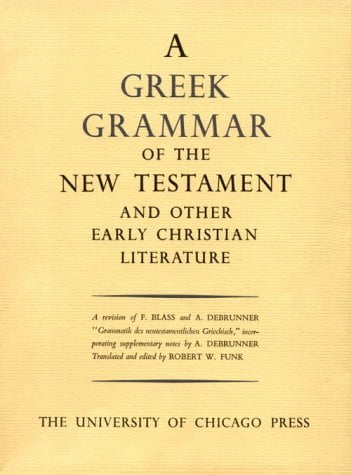 [/caption] [caption id=“attachment_1749” align=“alignleft” width=“80” caption=“Chrys Caragounis”]
[/caption] [caption id=“attachment_1749” align=“alignleft” width=“80” caption=“Chrys Caragounis”] 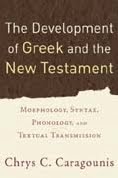 [/caption][caption id=“attachment_2855” align=“alignleft” width=“90” caption=“Adolf Deissmann”]
[/caption][caption id=“attachment_2855” align=“alignleft” width=“90” caption=“Adolf Deissmann”]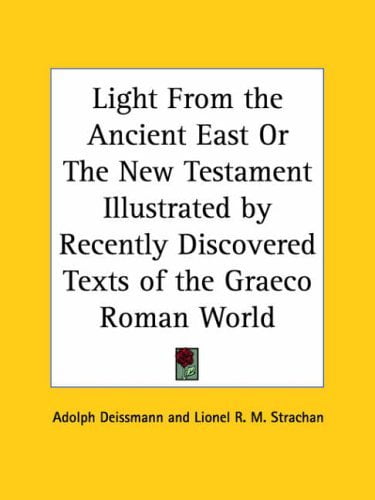 [/caption] [caption id=“attachment_2015” align=“alignleft” width=“80” caption=“Everett Ferguson”]
[/caption] [caption id=“attachment_2015” align=“alignleft” width=“80” caption=“Everett Ferguson”]  [/caption] [caption id=“attachment_2860” align=“alignleft” width=“80” caption=“C. F. D. Moule”]
[/caption] [caption id=“attachment_2860” align=“alignleft” width=“80” caption=“C. F. D. Moule”] 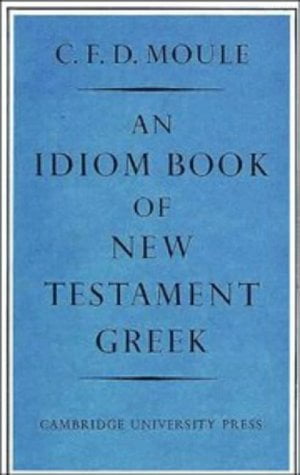 [/caption] [caption id=“attachment_2876” align=“alignleft” width=“80” caption=“Plato”]
[/caption] [caption id=“attachment_2876” align=“alignleft” width=“80” caption=“Plato”] 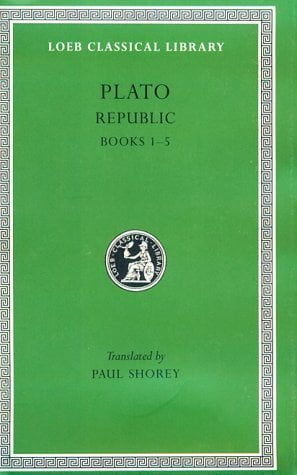 [/caption][caption id=“attachment_2838” align=“alignleft” width=“100” caption=“Emil Schürer”]
[/caption][caption id=“attachment_2838” align=“alignleft” width=“100” caption=“Emil Schürer”] [/caption] [caption id=“attachment_2511” align=“alignleft” width=“80” caption=“Daniel Wallace”]
[/caption] [caption id=“attachment_2511” align=“alignleft” width=“80” caption=“Daniel Wallace”] 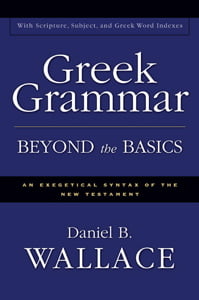 [/caption] [caption id=“attachment_1772” align=“alignleft” width=“80” caption=“N. T. Wright”]
[/caption] [caption id=“attachment_1772” align=“alignleft” width=“80” caption=“N. T. Wright”] 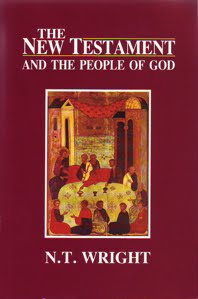 [/caption]
[/caption]